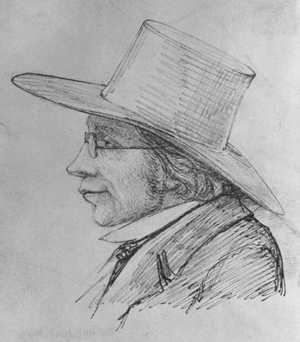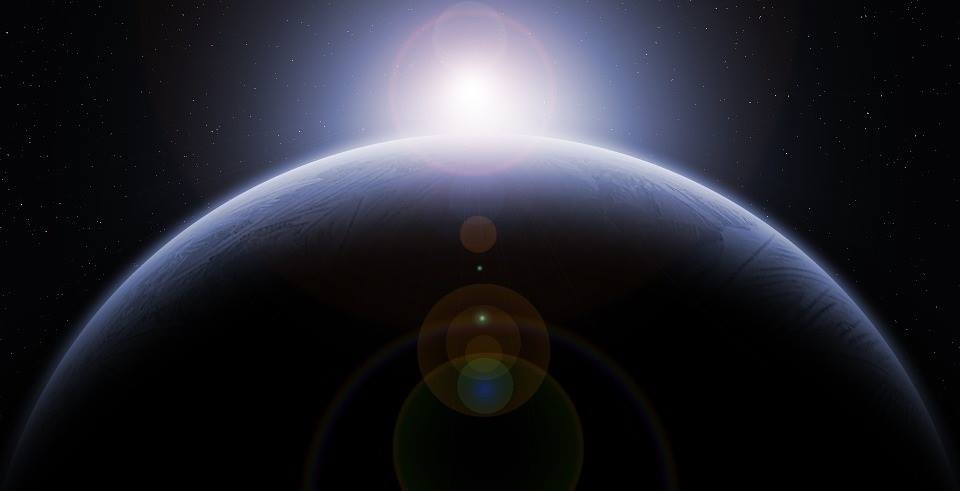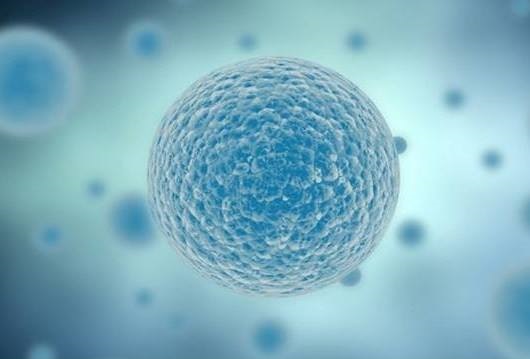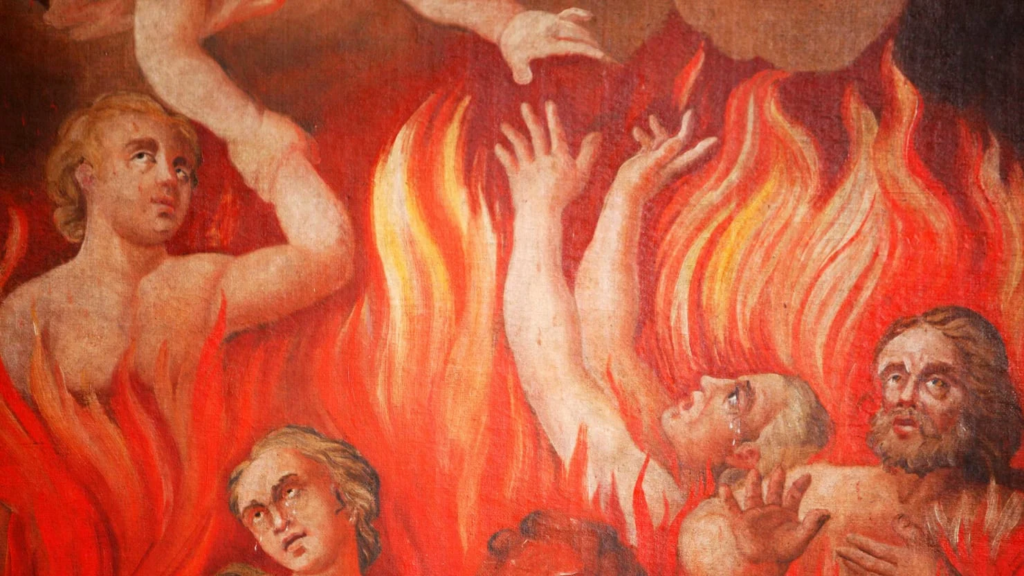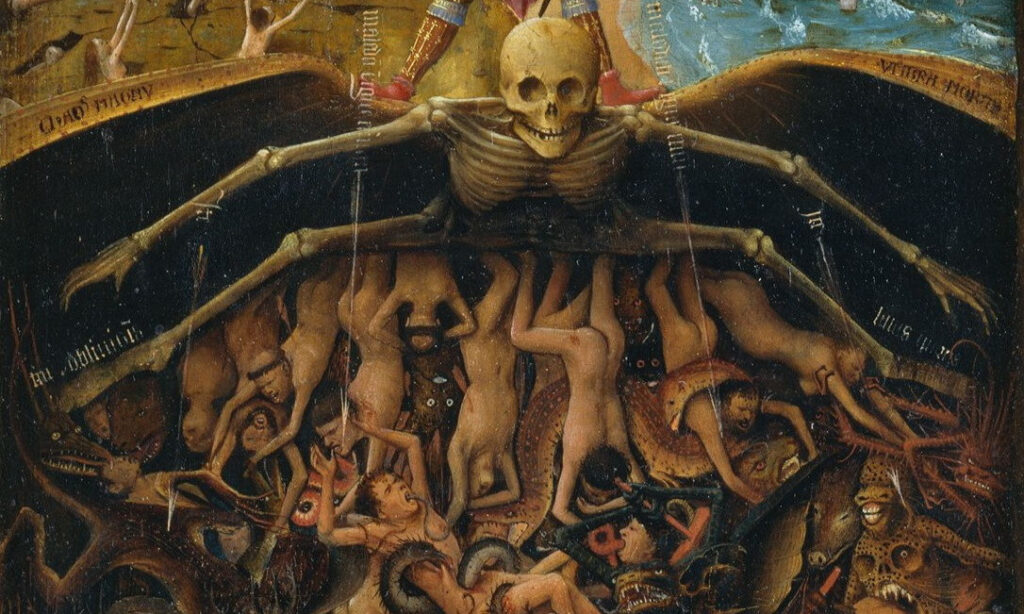Plato’s Just State
Chris Wright ponders Plato’s masterplan. One of the purposes of Plato’s Republic is to put forth a conception of the ‘just state’. Plato describes how such a state would be organized, who would govern it, what sort of education the children would have, and so on. He goes into great detail, laying out ideas that may at times …


